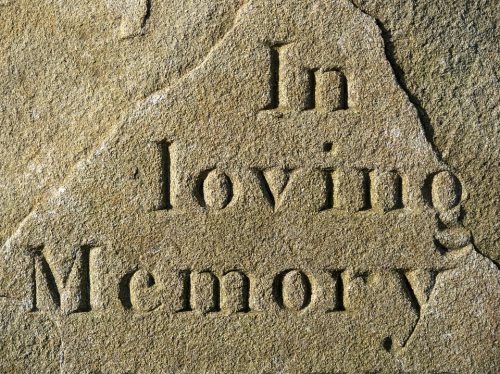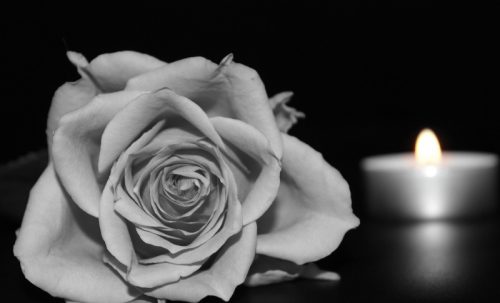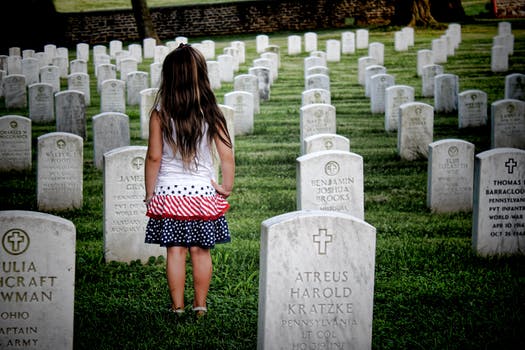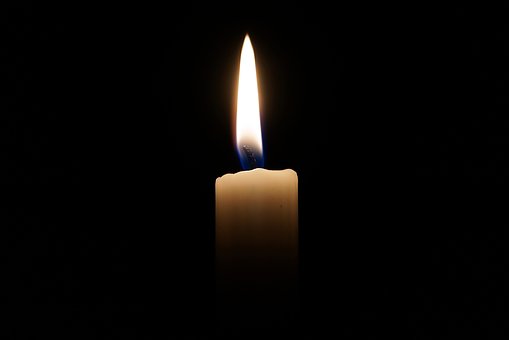Breaking up with your boo feels like a beloved one has departed for eternity. Who would have thought that all your happy memories would suddenly turn sour? You are not alone; millions of people have experienced the pain of a heartbreak. Many of us have already felt lost and wasted because of it.
The secret to moving on is to take it step by step. Listed below are short everyday practices that you can follow to aid your healing and grieving process.

Source: pexels.com
Let Yourself Grieve
Put this in your mind every single day: “I will allow myself to heal. I know this will take time, but it will be worth it.” It will not help you as quickly as you want, but it will be your guiding spirit throughout your healing days.
According to Marjie L. Roddick, MA, NCC, LMHC, “Your environment, both your social and natural surroundings, can greatly impact how you feel.” Let yourself grieve and cry all your feelings out. You can listen to sad love songs, write poetry about him or her, and even blog about your experience. It is better that you know how to release these hurtful feelings than keep them and act as if nothing happened.

Source: pexels.com
Read Inspirational Messages
We get it: you might feel like you do not want to wake up anymore. It’s true. Your boo is not by your side anymore. The chances of your encountering each other will be very slim. The mere thought of this is surely devastating.
So, here’s the deal. The moment you wake up fresh from a breakup, allow yourself to grieve and cry. After that, read quotes and other inspirational messages online. Believe us: there are thousands of that on the Internet. See? You are not alone here.
Talk To Your Friends And Family
During your break time, talk to your best friend or any member of the family about what happened. More often than not, they will side with you. They will help you see the positive side even when you are already drowning in sadness. They will even help you seek hope to start again. “You know the ones—these are the people you know you can always call, text, or email when you need to feel a connection.” David Klow, a licensed therapist once said.
Stop Checking Your Ex’s Social Media
We get that you miss him or her, but does he or she feel the same? Following your ex’s social media accounts will add to that devastating feeling you have right now. You should aim to break free from the hurtful memories of your recently concluded relationship.

Source: pexels.com
Delete Everything That Reminds You Of Your Ex
If your room is still full of your ex’s stuff, then your chances of moving on quickly are slim. Ask the help of your friends or any close family member to get rid of his or her stuff. Check your closet, your drawers, and even your phone and playlist. Take out everything that reminds you of your past lover.
“Making the decision to enter into treatment requires a commitment to prioritize your mental health and make some significant life changes.” Catherine “Katie” Ness, MA, LCPC said. Do not fool yourself that everything is okay as if nothing happened. Yes, breakups happen to everyone, but it certainly is not just a phase or a feeling that will go away eventually. The pain, if not adequately addressed, will consume you ultimately. Don’t let it turn you into a cold-hearted and isolated person. Take care of yourself because you are beautiful and you are worth it.















